We’ve had some issues with emails going to hotmail, outlook and related addresses. If you’ve recently made a purchase using one of these and not received a confirmation email, please get in contact with us – use an alterative email address for contact or purchase if you can.

For all things fantasy, horror, and speculative fiction
Announcement:
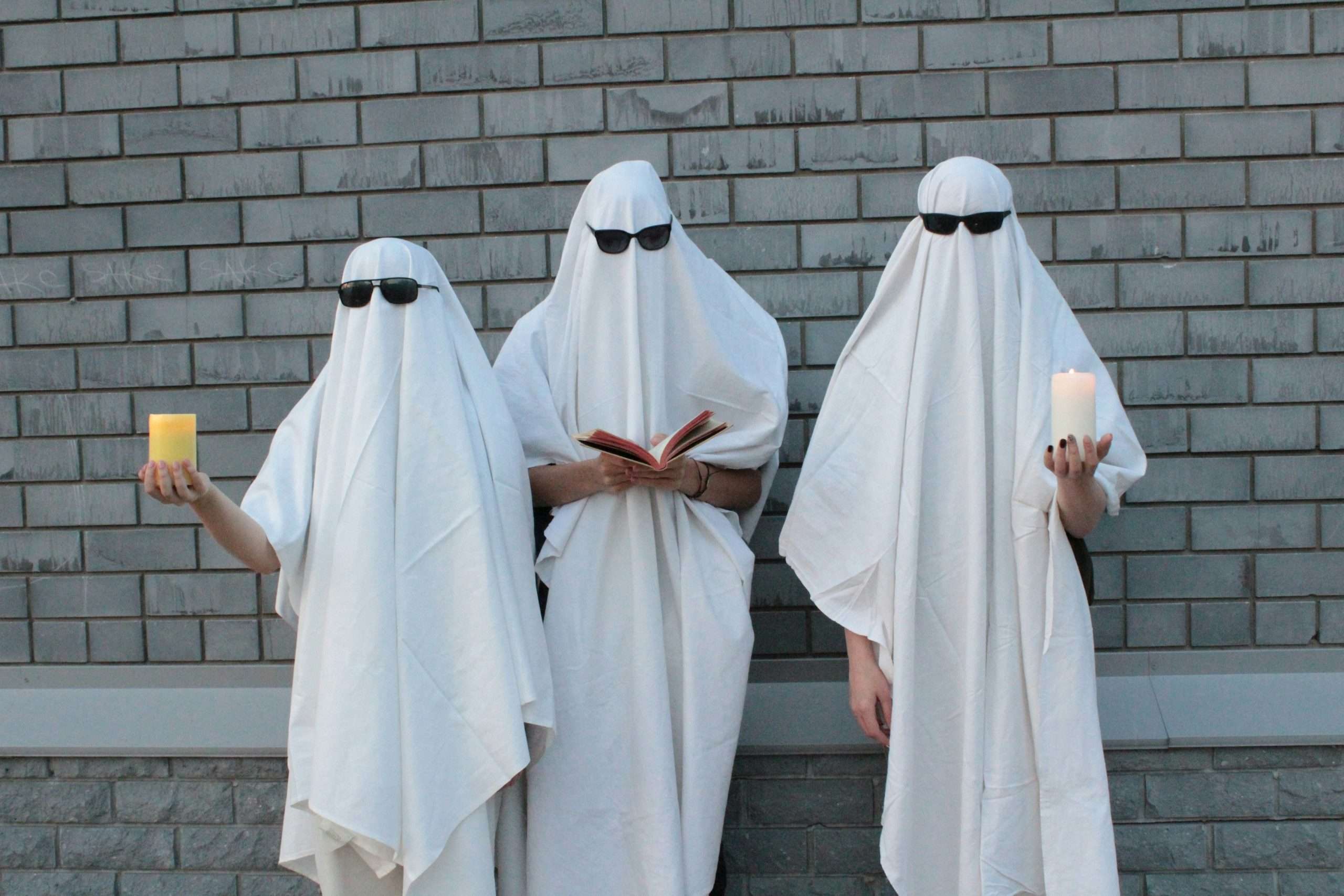
Crunchy hauntings and rude drawings: UKGSF24
Corinne Pollard shares her highlights from a full weekend in Derby for the UK Ghost Story Festival.
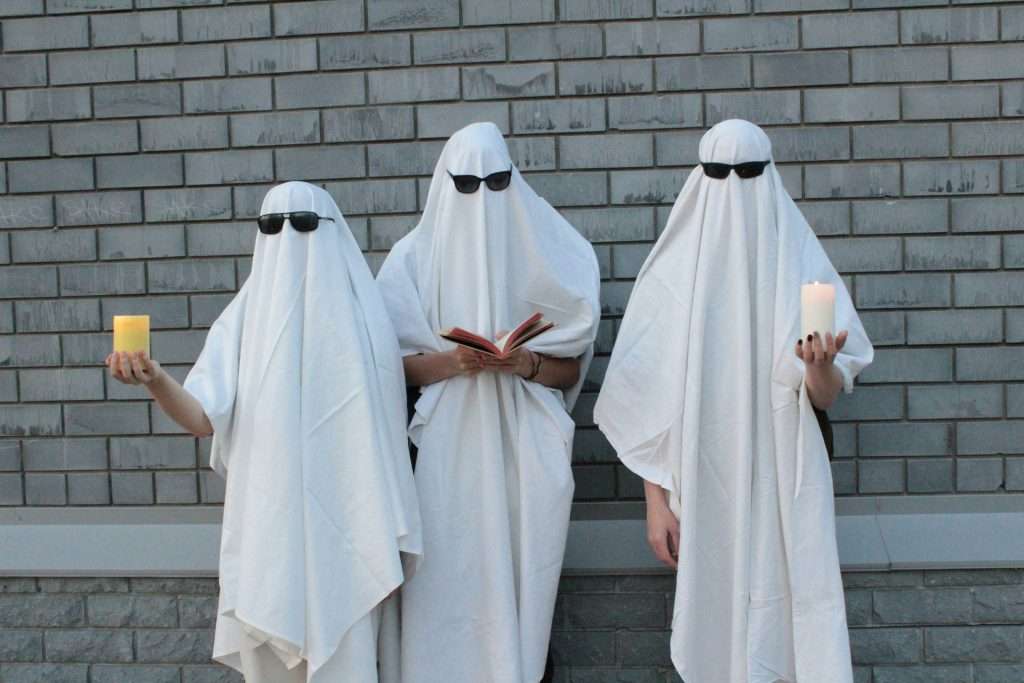
Ghosts, ghosts, ghosts…it was all anyone could talk about, and I relished every minute. Last year, I attended the UK Ghost Story Festival for one day, missing a lot, so for 2024, I bought the in-person Weekend Pass. I had no regrets as there were so many inspirational workshops and intriguing interviews. Here are my highlights.
Friday ghosts included Alex Davis’s Ghosts in the Machine. This workshop was presented by the Festival’s organiser himself (how does he have the time?), and if you haven’t been to one of Alex’s workshops before then you are missing a treat! His focused delivery welcomed the entire room to take part in discussing examples of ghosts and technology and what makes a successful and unsuccessful ghost in the machine story.
Friday ghosts involved interviewing Alison Littlewood. Interviewed by Dr Tim Rideout, Alison answered his questions on her latest novel The Other Lives of Miss Emily White. Under the pen name of A. J. Elwood, this novel explores doppelgangers and throughout the interview, they deliberated whether doppelgangers are ghosts. Interesting!
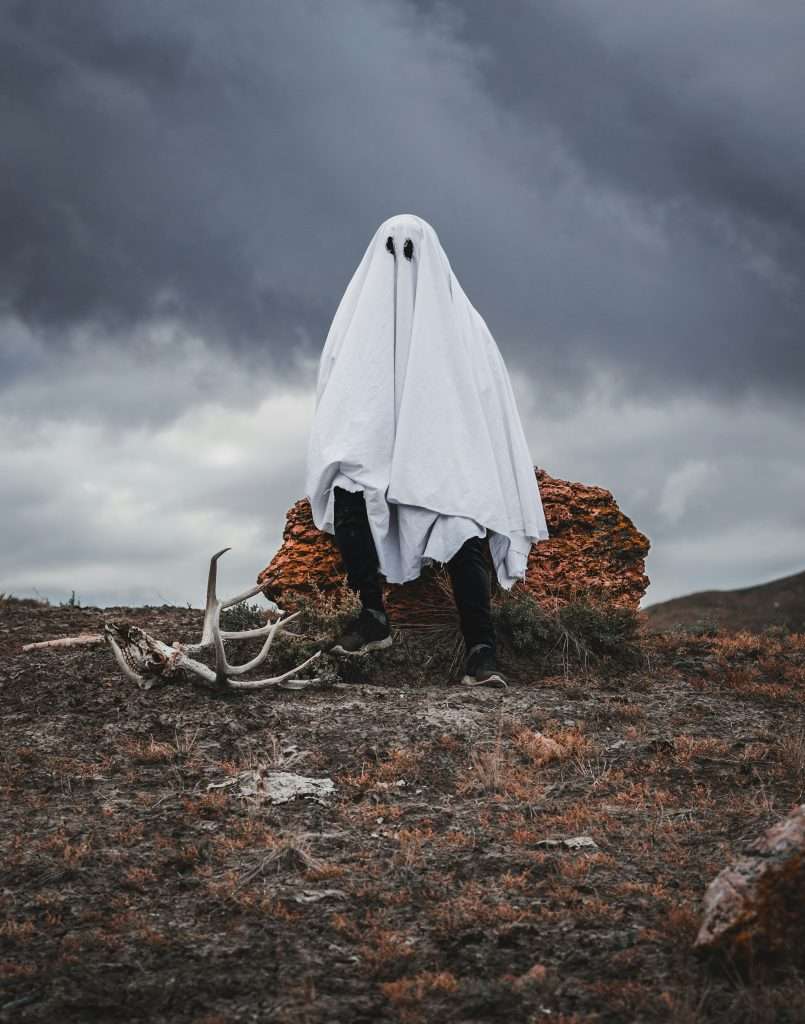
Friday ghosts had us drawing our own ghosts with illustrator Sian Ellis. The workshop had us reflect on the iconic image of a ghost and its history. Where did the white floating sheet come from? Why don’t ghosts have feet? Then we drew. Well, I tried. I prefer words, but I had a go. It was a relaxing session with no expectations. To help guide me, I used Sian’s zine Tell the Bees Issue 3 as a reference and giggled at my own rude ghost. I was so taken by Sian’s zine that I bought a copy then and there. Beautiful imagery!
Saturday ghosts included Megan Taylor’s Creating Unsettled and Unsettling Characters. Megan’s workshop revolved around us writers actually writing. The scenario given was a blind date where one character was human and another who wasn’t, and who tries to hide their supernatural side. To achieve the level of ‘unsettling’, Megan led with explicit instructions and guided our writing process with picking cards at random. At the end, if we wanted to, we shared our stories, and it was heartwarming. Writing is often lonely and can feel complicated, but Megan sparked inspiration and showed how it doesn’t have to be.
Saturday ghosts continued with fellow BFS member Sarah Jackson’s Crunchy Ghosts. I wasn’t sure what to expect with this workshop, but there was no disappointment. Sarah focused on types of ghosts and backed these with chilling descriptions, examples from some well-known and lesser known novels, which the entire room analysed and discussed. From these, we then wrote a quick description of a ghost type we had selected from a random number. Sarah led the workshop with enthusiasm and her passion for ghosts shone, which made the rest of us join in with excitement.
Saturday ghosts ended with interviews, and while authors Laura Purcell and Andrew Michael Hurley were fantastic interviews, I want to redirect attention to another.
Kate Griffin was interviewed for her first gothic novel Fyneshade. I love a good gothic book, and as the genre’s popularity has risen in the industry in recent times, it seems I’m not the only one. Interviewed by Mark Norman of The Folklore Podcast, Kate revealed how she had turned the gothic trope of a governess arriving at a big secretive mansion on its head. Her main character Marta is a fearless, sociopathic force to be reckoned with as she tackles the problems at Fyneshade. Kate revealed how she enjoyed writing such a troublesome character. It was an interview that was thought-provoking. Why should we write our ghost stories from the point of view of an innocent protagonist?
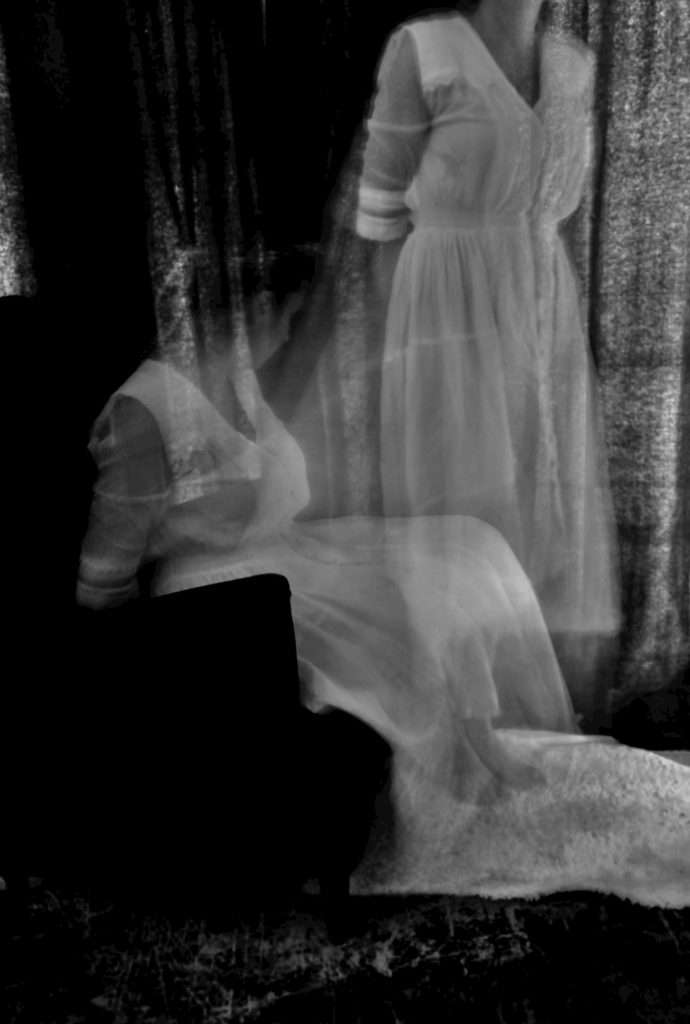
Sunday ghosts began with Ally Wilke’s How to Structure Your Novel. Ally had been at the festival for the entire weekend, promoting her work, and interviewing others (including her good friend Emilia Hart, author of Weyward). Her books All The White Spaces and Where The Dead Wait are polar gothic horrors and contemporary must-reads, so there was no way I was going to miss her workshop even though I was unwell. It was an informative presentation with group tasks that led to a discussion of features in the structure of a novel. Ally gave book recommendations to help us with our novel’s structure, and her sincerity that we would be successful felt like a soothing balm.
Sunday ghosts ended with a performance from The Weeping Bank Library. The story was called The Way Marker and though it was long (it’s hard sitting for a full two hours), the story was wonderful with ghost tropes of children’s laughter, unseen hands touching, and faces at the window while set in the modern countryside as our protagonist gets lost on her walk. It was the perfect story to end the festival.
Images by Anya Batalova, Tandem X Visuals, and Photos_frompasttofuture on Unsplash.
Meet the author
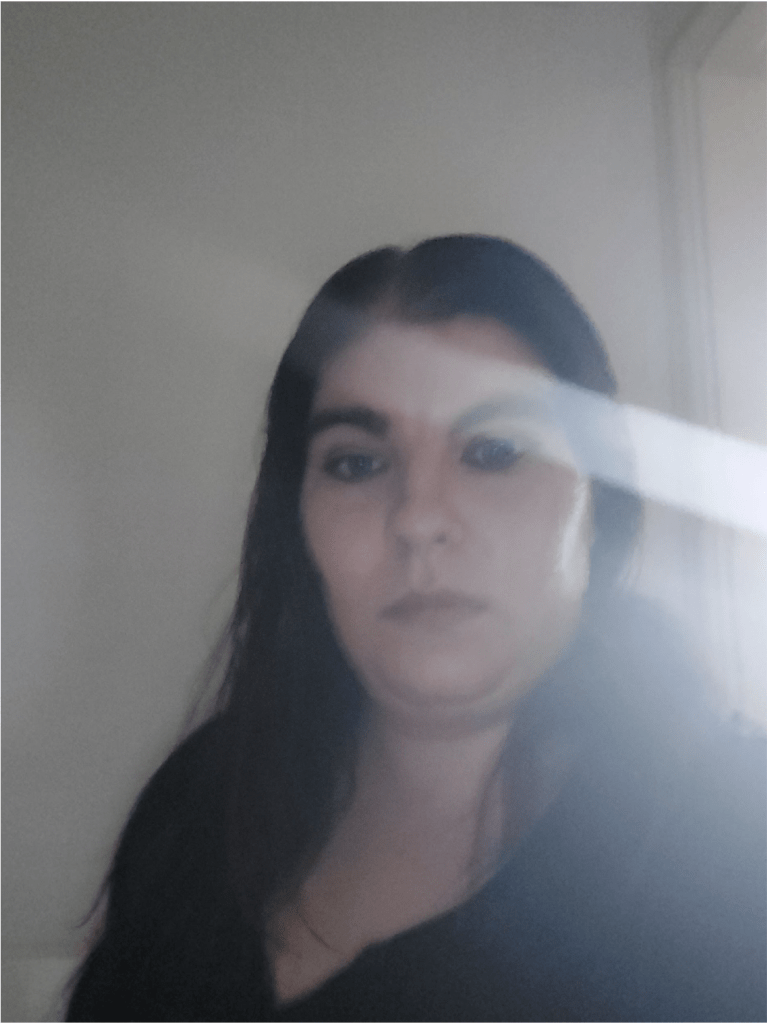
Corinne Pollard is a disabled UK horror and fantasy writer, published with Black Hare Press, Three Cousins Publishing, The Stygian Lepus, The Ravens Quoth Press, A Coup of Owls Press, and Raven Tale Publishing. Also, Corinne is co-editor for the Yorkshire anthology Aire Reflections with her dark stories and poetry inside. With a degree in English Lit and Creative Writing, Corinne has always enjoyed the world of dark fantasy. Aside from writing, Corinne enjoys metal music, visiting graveyards, and shopping for books to read. Follow her dark world on Twitter, Threads and Instagram: @CorinnePWriter